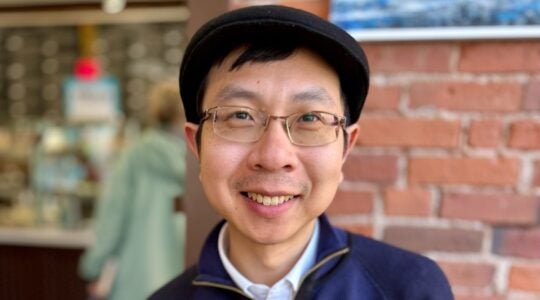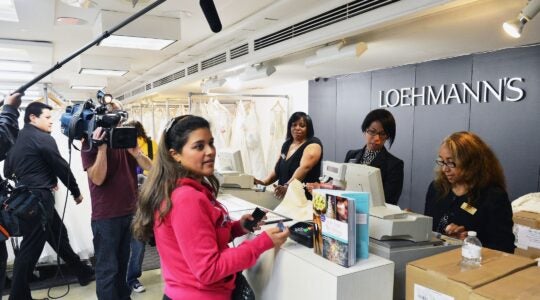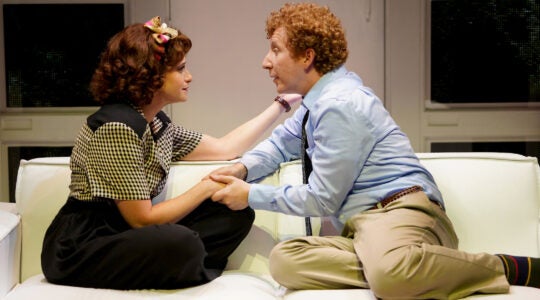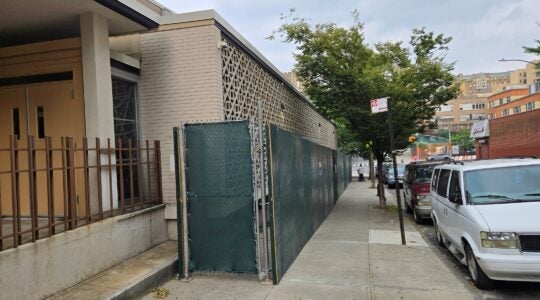As I went into spring break this year, the concept of ‘othering’ was on my mind due to the recent massacre in New Zealand. After I found out about attack, I had a conversation with one of my teachers about why this tragedy occurred. His answer was that any group that is a minority is often ‘othered,’ something that white nationalists have taken to a violent level. A big part of this concept of ‘othering’ stems from 9/11. However, I did not fully understand this because I never truly learned about 9/11. Perhaps it was because I was too young. Or maybe America simply wants to forget what happened. Regardless, I decided to visit the 9/11 museum in New York City during my spring break. While there, I found many similarities between things I had experienced as a young Jew living in Pittsburgh and the 9/11 attacks.
I thought back to October 2018, when the children of 9/11 victims wrote to my family after the tragedy in my synagogue in Pittsburgh. What I found most interesting about their letters was how they talked about September 11th as a day publicized by all. Everyone experienced the event thanks to the media attention, but the people whose loved ones died wanted to mourn privately. This experience of private mourning in a public situation was strikingly familiar to my own experiences. I felt the pain of those who had to cope with PTSD and those whose daily lives were changed forever. My community’s grief, like that of families of 9/11 victims, was broadcasted and shown at public vigils.
Although I was not alive to experience 9/11, encountering a similar traumatic attack allowed me to empathize with the event. I, too, received many phone calls from family and friends to check to see if I was okay; I, too, thought that all hope in humanity would be lost forever; and I, too, had to face the tragedy every day in the community. The reason for the 9/11 attack was extremists who were anti-American, while the attack on my synagogue was an American who was Anti-Semitic. Despite the fact that my experience was 17 years later, the same type of sorrowful aftermath occurred in both situations.
After 9/11, American’s fears turned into extreme fears. White people started singling out immigrants, specifically Muslims. The trend of Muslim-blaming worsened, peaking when President Trump was elected two years ago. The attacks on 9/11 set the stage for this American concept of ‘othering,’ which has slowly evolved into white nationalism—the idea that only white people should live in America.
While leaving the 9/11 museum, I heard a familiar song playing on the escalator going back up to street level. The song was called “Give Us Hope” and it was a song I had sang in glee club. I did not realize that the song was written for 9/11 but I felt comforted hearing a familiar tune. “Give us hope, my voice is calling. Can you see…” I started singing along as I went up to street level. I sang, carrying a new understanding for my America.
Ada Perlman is a rising sophomore at The Ellis School in Pittsburgh.
Fresh Ink for Teens is an online magazine written by, and for, Jewish students from high schools around the world.
The New York Jewish Week brings you the stories behind the headlines, keeping you connected to Jewish life in New York. Help sustain the reporting you trust by donating today.




